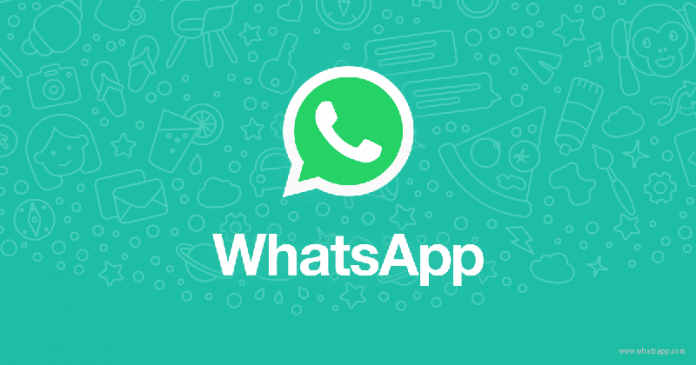Elon Musk said that WhatsApp cannot be trusted after a Twitter engineer named FoadDabiri shared screenshots of an Android dashboard, that showed his WhatsApp microphone being used when he was sleeping.
Foad Dabiri, Twitter’s director of engineering, tweeted(Opens in a new window) over the weekend a screenshot of his Android phone alerting him to WhatsApp’s use of the microphone. “WhatsApp has been using the microphone in the background, while I was asleep, and since I woke up at 6AM (and that’s just a part of the timeline!) What’s going on?” he wrote.
WhatsApp has been using the microphone in the background, while I was asleep and since I woke up at 6AM (and that's just a part of the timeline!) What's going on? pic.twitter.com/pNIfe4VlHV
— Foad Dabiri (@foaddabiri) May 6, 2023
Dabiri looks to have found the problem using the Android 12 privacy dashboard, which allows you to identify and limit an app’s ability to access specific hardware components. According to the screenshot, between 4 and 7 in the morning local time, WhatsApp appeared to be trying to access the phone’s microphone continuously.
In response, Twitter owner Musk wrote: “WhatsApp cannot be trusted,” which caused some users to reply saying they had deleted the app.
WhatsApp cannot be trusted https://t.co/3gdNxZOLLy
— Elon Musk (@elonmusk) May 9, 2023
Although the availability of the microphone is certainly raising eyebrows, especially given that Meta owns the messaging app WhatsApp claims that the controversy is a misunderstanding.
“We believe this is a bug on Android that misattributes information in their Privacy Dashboard and have asked Google to investigate and remediate,” WhatsApp said in its tweet.
Over the last 24 hours we’ve been in touch with a Twitter engineer who posted an issue with his Pixel phone and WhatsApp.
We believe this is a bug on Android that mis-attributes information in their Privacy Dashboard and have asked Google to investigate and remediate. https://t.co/MnBi3qE6Gp
— WhatsApp (@WhatsApp) May 9, 2023
Also, WhatsApp emphasizes that all phone calls and user communications are still end-to-end encrypted on the platform. This means that unless someone has access to the user’s smartphone, nobody—not even WhatsApp itself—can decrypt voice call data.
The chat app added: “Once granted permission, WhatsApp only accesses the mic when a user is making a call or recording a voice note or video—and even then, these communications are protected by end-to-end encryption so WhatsApp cannot hear them.”
This declaration by Musk might be made with an ulterior motive in mind. His platform, Twitter, aims to one day rival WhatsApp by developing it into a “super” app capable of social media, personal messaging, and banking. This will entail providing phone calls and end-to-end encryption for direct messages. Therefore, don’t be shocked if Musk continues to criticize WhatsApp. Further, he urged users to download the encrypted chat app Signal in January.
Musk has already criticized Facebook in public. He had posted the hashtag #DeleteFacebook and described the social media platform as “lame” last year. In 2018, the billionaire asked that the Facebook sites of his firms, SpaceX and Tesla, be deleted.
In the meantime, Musk recently tweeted that he was bringing WhatsApp-like features to Twitter. Users of Twitter will soon be able to send direct messages (DMs) in response to any message in Twitter threads and answer with “any emoji.” Additionally, users will be able to use Twitter to make audio and video calls, similar to what WhatsApp does.
Musk’s tweet read, “With the latest version of the app, you can DM reply to any message in the thread (not just the most recent) and use any emoji reaction. The release of encrypted DMs V1.0 should happen tomorrow. This will grow in sophistication rapidly. The acid test is that I could not see your DMs even if there was a gun to my head. Coming soon will be voice and video chat from your handle to anyone on this platform, so you can talk to people anywhere in the world without giving them your phone number.”
With latest version of app, you can DM reply to any message in the thread (not just most recent) and use any emoji reaction.
Release of encrypted DMs V1.0 should happen tomorrow. This will grow in sophistication rapidly. The acid test is that I could not see your DMs even if…
— Elon Musk (@elonmusk) May 9, 2023
Since Elon Musk became Twitter’s new owner, the social media site has undergone significant modifications. The removal of the historical blue ticks from accounts that refused to pay to Twitter Blue and the introduction of the Twitter Blue subscription were the two largest changes made by Musk.










